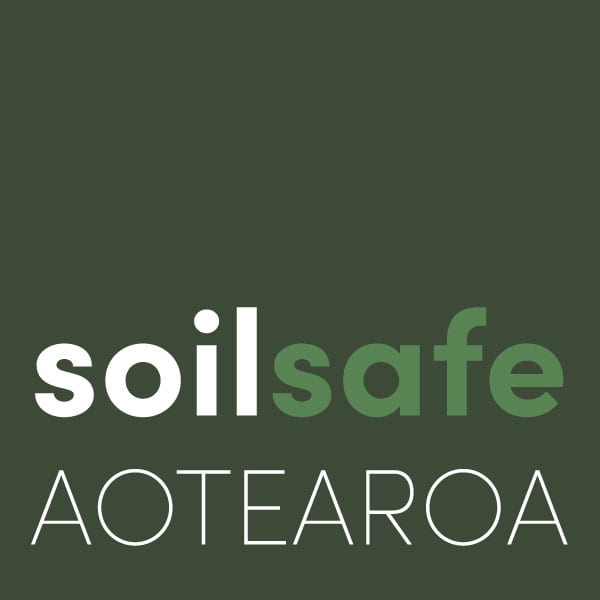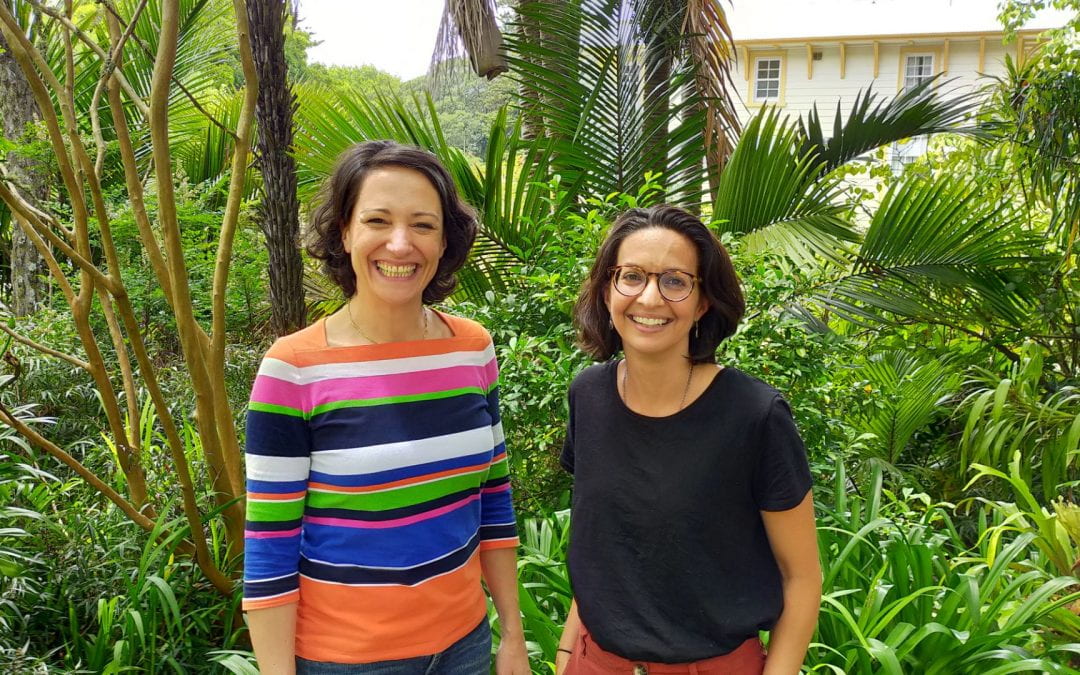A nationwide project to investigate the soil beneath our feet has been launched by scientists and New Zealanders are encouraged to send in samples of their own garden soil for analysis.
Soilsafe Aotearoa is a major new research programme being run by the University of Auckland in partnership with GNS Science. Dr Melanie Kah from the University’s School of Environment says so far around 70 people have registered interest and 15 have sent in soil samples.
“We’re really excited to have the programme underway, it’s a major undertaking and we hope a wide range of kiwis will be keen to get a better idea of the soil in their own backyards,” she says.
“We expect gardeners to be particularly interested but the project is open to anyone who has a bit of soil around their home, whether it is a small patch of lawn or a lush vegetable garden.
“The soil testing will be done free of charge so we really encourage people to send us samples.”
Soilsafe aims to help better understand New Zealander’s relationship with the earth and nature, what we grow in our backyards and includes a wider education programme on soil health and community attitudes.
People wanting to have their soil tested will be asked to fill in a short survey and will receive a detailed report on heavy metals such as lead detected.
Almost all urban centres across the world have legacies of lead petrol and lead-based paint use and although these paints have been replaced by more environmentally friendly versions, the general public may wonder about their own home soil health.
Soilsafe is also running a soil values project. University social scientist Dr Emma Sharp, also from the School of Environment says a questionnaire aims to capture community attitudes to soil health and is available in both te reo Maori and in English.
“There is also a wider aim of the programme to find out much more about what people are growing in their gardens and why gardening is important to them and we’re encouraging marae, community gardens and schools to get involved.”
Covid-19 may also have had an effect on gardening habits in New Zealand and the team is keen to find out what those might be, she says.
“We believe that there have been changes in our communities’ gardening habits over this past year due to Covid-19 lockdowns, so we’d love to hear what these changes might be.”
The research team also includes postgraduate students from the University, Dr Kah says.
“Our students’ research is at the intersection of environmental and human sciences – we can’t study the soil without studying the people that interact with it. And there is plenty to explore, so lots of opportunities for students.”

